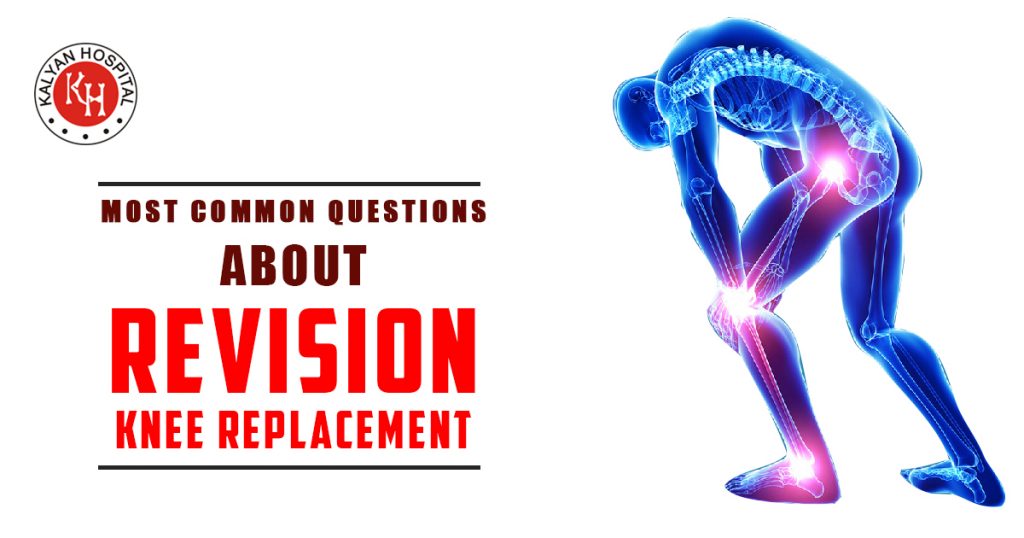Most Common Questions About Revision Knee Replacement
What is Revision Knee replacement?
Revision Knee Replacement is the process in which failed total knee prosthesis is replaced with a new prosthesis. It is a complex procedure which needs a lot of preoperative planning along with specialized implants and tools. To achieve the best results it is also essential that that that surgeon is selected who is a master is performing this surgical technique and in time.
What is the reason for failure?
There are some reasons for failure of knee replacement surgery and some of them are given below for your reference:
Fracture
Fracture type and extent will determine whether the revision surgery is needed. The need for revision surgery is required in case of fixation or stability of the implant is needed.
Instability
In case the stability is not provided by the soft-tissues which are around the knee structure. The tissues may become loose, alignment is not proper, or improper positioning. This will result in knee pain and may alter the functioning of the knee.
Patient-related factors
The implant can fail because of age, surgical history, activity level, and weight. Patients whoa re younger have more chances to get the revision surgery as compared to older patients who are less active. If you are overweight then also the chances are more.
What you should know and its sign?
If the knee implant has failed then the most prominent signs are increased pain and knee functioning decrease. If the swelling is persistent as well as pain then also it indicates that joints are loosening or there might be an infection. This will also result in stiffness and instability in the knee.
What happens in the surgery?
In case of revision surgery, it takes more time to perform the surgery in comparison to the primary procedure which takes around 2 to 3 hours. The first thing is to remove the implant and if there is bone loss then that void will be filled. Sometimes to strengthen the bone wires, metal wedges, or screws are also used. Then the revision specialized knee implant is inserted.
What to expect after undergoing the revision surgery?
In around 90% of the cases, the patient expects excellent results as compared to earlier. You should keep in mind that proper pain relief is not their as well as entire functioning of knee is not restored. In cases, there is an issue you think which is not normal then make sure you consult the doctor.
Is there any risk or complication?
Almost all surgeries have potential risk and complication such as bleeding, infection, damaged nerves, blood clot, or PE (Pulmonary Embolism).




No Comments